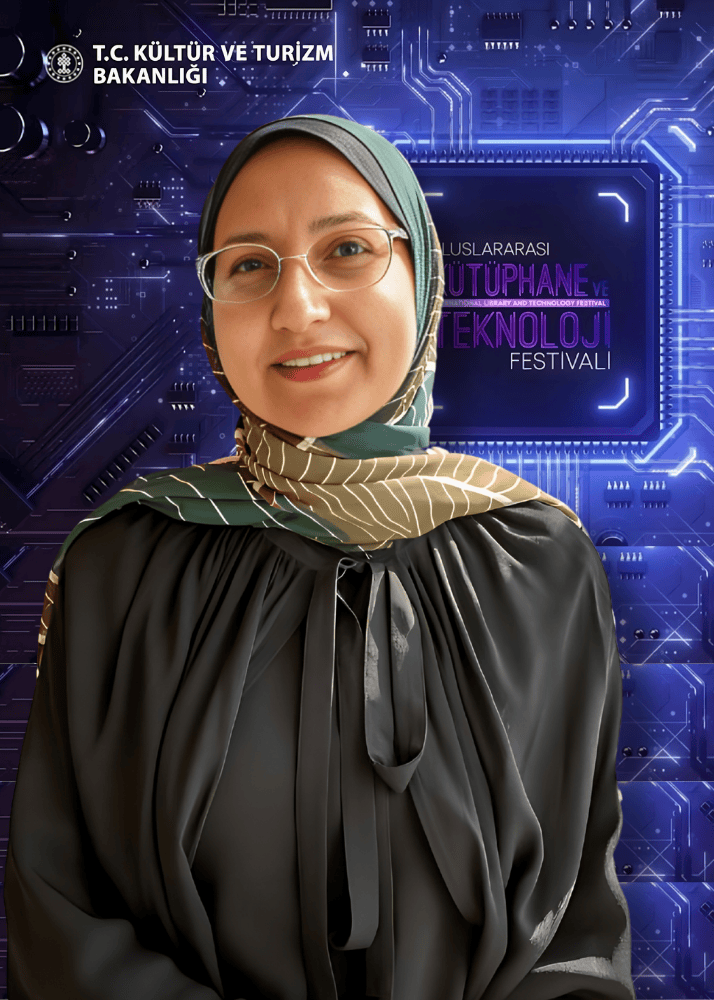The future of libraries with the advent of artificial intelligence (AI) is a topic that is very controversial now, however, I see it to be a blend of traditional librarianship with innovation. The role of libraries has always been to manage, preserve, and facilitate access to knowledge. AI, with its subsets such as machine learning, robotics, and holographic technologies, is set to amplify these roles to unprecedented levels.
Let’s take for example the use of Robotics in Libraries. Robotics is not in science fiction movies only, on the contrary, we are seeing a spike in the domestic use of robotics in recent years. In libraries, we’ve seen the use of robotics in shelving reading, books sorting, and organizing. It is a debatable fact that Robotics is more efficient than ever before. This automation can extend the opening hours of libraries, as robots don’t adhere to the conventional workday schedule, thereby increasing accessibility for patrons.
Another aspect of the use of AI in libraries is the use of Holographic technology. Holographic technology could transform the user experience within library spaces. It is no longer a fantasy, as interactive holographic displays are replacing static posters and signs in museums, offering dynamic, engaging content that can be updated in real time. More profoundly, hologram librarians might someday assist patrons, delivering information and guidance with a human touch, sans human limitations.
If we want to explore the use of AI in traditional Librarian Roles, there are great applications of machine learning in Cataloging. Librarians have undergone very interesting projects by using Machine Learning to classify and index materials. As AI algorithms become better trained, they can assist in metadata creation, spot cataloging errors, suggest relevant subject headings, and even predict user trends to recommend acquisitions. This automation will enable librarians to focus on more complex tasks that require human insight and expertise.
Chatbots and virtual assistants have been used in libraries for quite a while. They can handle straightforward/directional/operational inquiries with ease, such as library opening hours, navigation assistance, or even book recommendations. As natural language processing improves, these AI entities can engage in more sophisticated conversations, providing detailed research assistance or tech support.
However, with all these advances, challenges will also arise. Ethical considerations surrounding privacy, the digital divide, and employment impacts will need to be addressed. Libraries must ensure that these technologies serve to augment, not replace, the fundamental human connection that lies at the heart of the library experience.
